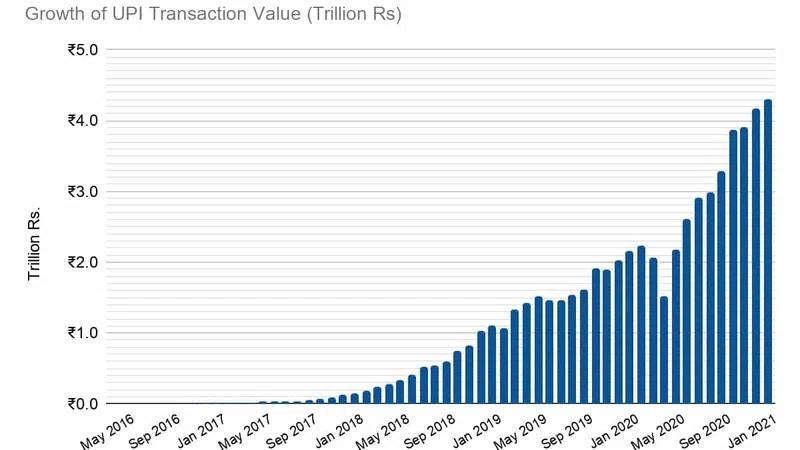The UK, particularly London, benefits from a vibrant and competitive financial services industry. It’s a validation of the way the country has adopted technology quickly while transforming the capital into a global financial hub. But it’s fintechs that have pioneered a new business model and put pressure on traditional financial services providers to change the way they operate; this has only been accelerated by the coronavirus pandemic with digital services such as contactless payments and apps allowing businesses to operate as close to normal as possible.
We’ve seen banks digitally transform for the past decade. However, as the sector looks for fresh ways to innovate and cultivate London’s leading position, it will be vital that financial services organisations differentiate themselves. According to a recent survey, digital fintechs including Monzo, First Direct and Starling are leading the way on customer service over traditional banks. It’s a recognition of consumers’ evolving habits and the wider adoption of technology. For instance, at the beginning of the pandemic Starling introduced a 24/7 in-app chat and more specifically to Covid-19, various resources to support savings accounts, PayPal recently added an option for people to buy and repay the cost of products later and speculation that the contactless limit will rise to £100 shows us that the next 10 years of finance will be completely different to the past 10.
Ultimately, London is home to a financial services market that is flourishing, but in an increasingly crowded market and uncertain time, it will be the financial services organisations using technology to deliver innovative, new services that will gain the support of the public.













